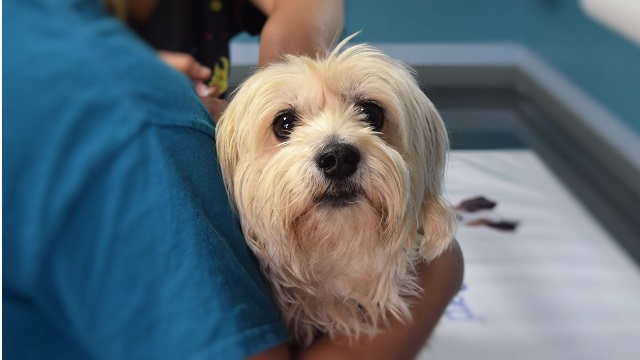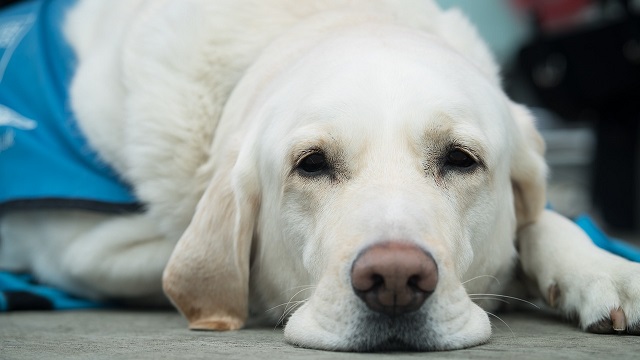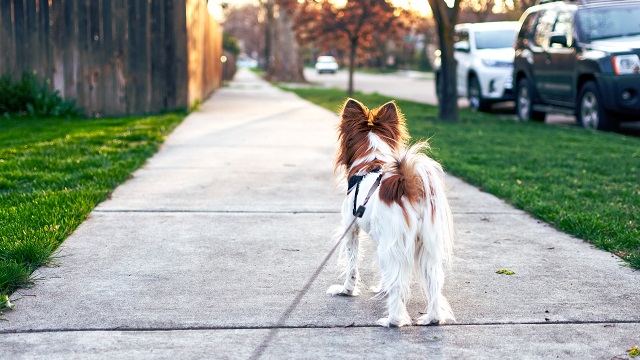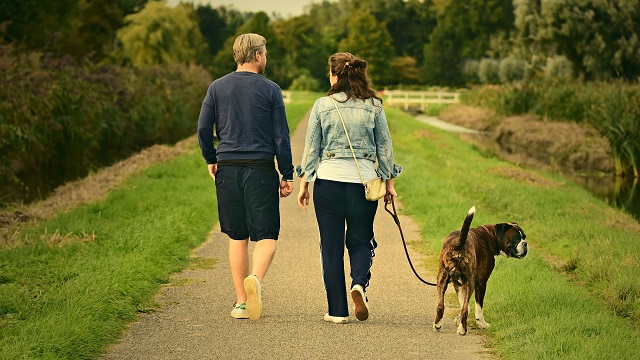Having a pet provides several benefits for our well-being. Still, it also carries a lot of responsibilities that every pet owner should take into account, in order to limit the hazards that can arise from the close relationship between humans and animals.
Prevention is key

Each time a dog goes for a walk, they’re exposed to several viruses, bacteria and parasites, like fleas and ticks, that can be harmful not only to their health, but also to ours. Animals who sniff, slurp, lick, or gobble anything in their paths, including dirt, trash, and poop, are bound to pick up pathogens that may induce disease and can be transmitted to playmates and companions, canine and human alike. In this context, prevention is a key point to limit disease spreading.
We love to hang out with our furry friends on the couch and even in bed, and so, adequate parasite control and vaccinations are mandatory. There are several solutions available on the market for tick and flea control, like spot-on products, pills and collars. The durability of the protection depends on the product used: spot-on and the majority of pills usually last for one month, but collars can be effective for 6 months (depending on the brand and usage).
Besides ticks and worms, there are other external parasites such as mosquitos and phlebotomus that are able to transmit serious diseases, like leishmaniasis, and must be considered on the prevention control plan.
Deworming and vaccines

Deworming is also important to assure a clean and healthy environment at home. The deworming plan will depend on the age of your pet and the kind of activity they usually engage in. Still, during adulthood, it should be done at least every 3 months with a broad spectrum medication.
Concerning the vaccination protocol, there are usually some core vaccines every dog must have which should be given annually. Each animal should be vaccinated even if they don’t have any direct contact with other animals. The vaccination protocol can vary depending on your pet’s geographical localization (as hazards and country laws vary), lifestyle, age and whether they were previously vaccinated.
Creating a calendar to help you keep track of when you should deworm, protect against external parasites or go to the veterinarian to vaccinate your pup, is a good idea!
Additional advice

You are probably wondering what other dog walking tips you can follow to provide safe walks to your beloved pet. Here are some other tips: get your dog microchipped and add an identity tag to their collar or harness. To ensure they are easily seen on the street, get them a reflective collar, especially for evening walks.
Our Care team strongly advises you to adopt the most suitable prevention measures for your dog’s lifestyle. If you have any questions, feel free to reach out to our pet specialists (or alternatively, to your veterinarian) for help. Our buddies bring us so much joy, it’s only fair that we do everything in our power to guarantee their safety during walks!






